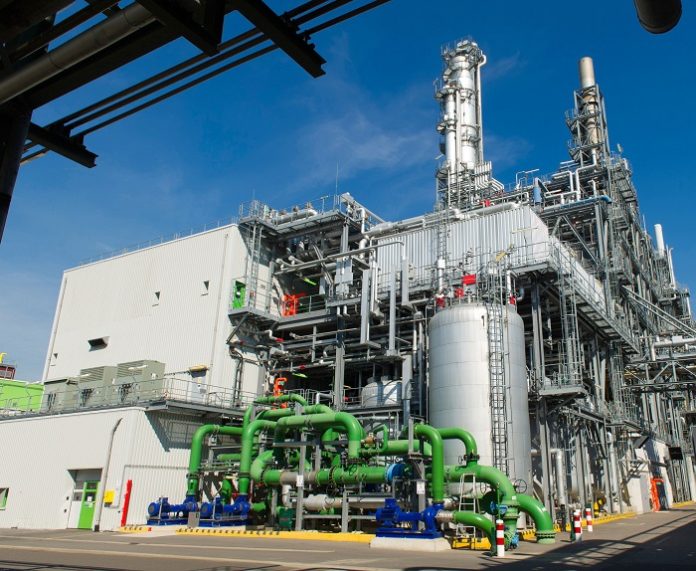BASF Aroma Ingredients has launched L-Menthol FCC rPCF, its first product with a reduced Product Carbon Footprint (rPCF). This initiative is part of BASF’s commitment to sustainability, helping customers achieve their Scope 3 carbon reduction targets. The company plans to introduce additional rPCF products, reducing the Product Carbon Footprint (PCF) by 10–15% compared to conventional BASF products.
Certified Sustainability Standards
BASF calculates the PCF of its rPCF aroma ingredients based on the guidelines set by the ‘Together for Sustainability’ (TfS) initiative. TÜV Rheinland has certified the accuracy and compliance of BASF’s calculation method with this standard.
Industry First: Supporting Customers in CO₂ Reduction
Steffen Götz, Vice President of Aroma Ingredients at BASF, emphasized the significance of this launch:
“Bringing L-Menthol FCC rPCF to the market represents a major milestone in our sustainability journey. By introducing rPCF products, we have become the first aroma ingredient manufacturer to help customers actively reduce CO₂ emissions beyond their own operations.”
Collaboration with Colgate-Palmolive
Colgate-Palmolive was among the first companies to implement BASF’s new rPCF product. Lauren Richardson, Chief Procurement Officer at Colgate-Palmolive, highlighted, “Colgate-Palmolive aims to achieve net zero carbon emissions by 2040. The majority of our emissions come from raw and packaging materials sourced from suppliers. By transitioning to reduced carbon footprint Menthol, we are making meaningful progress toward our goal while maintaining high product quality standards.”
Mass Balance Approach for Seamless Transition
BASF employs a mass balance approach at its Verbund sites to produce rPCF aroma ingredients. This method replaces a specified portion of conventional raw materials or utilities with lower-carbon alternatives. The carbon footprint reduction is attributed to the rPCF products, ensuring a lower environmental impact.
Dr. Cordula Mock-Knoblauch, Head of Sustainability Accelerator at BASF Aroma Ingredients, explained, “With the mass balance approach, we enhance sustainability while ensuring customers can seamlessly transition to rPCF products. The production process remains unchanged, eliminating the need for product requalification.”
Expanding the rPCF Portfolio in 2025
BASF is committed to expanding its rPCF aroma ingredients portfolio based on customer demand. The focus is on high-volume products that significantly reduce Scope 3 emissions. As per the press release, In addition to L-Menthol FCC rPCF, BASF plans to launch Citronellol rPCF and Geraniol rPCF in 2025, further reinforcing its leadership in sustainable aroma ingredients.

































